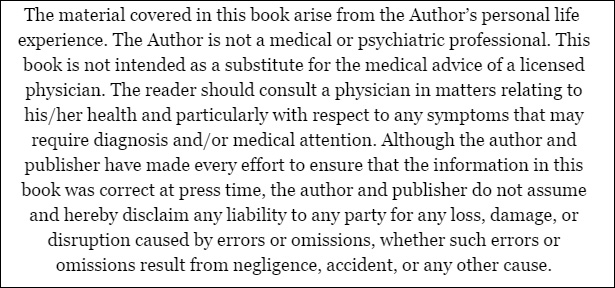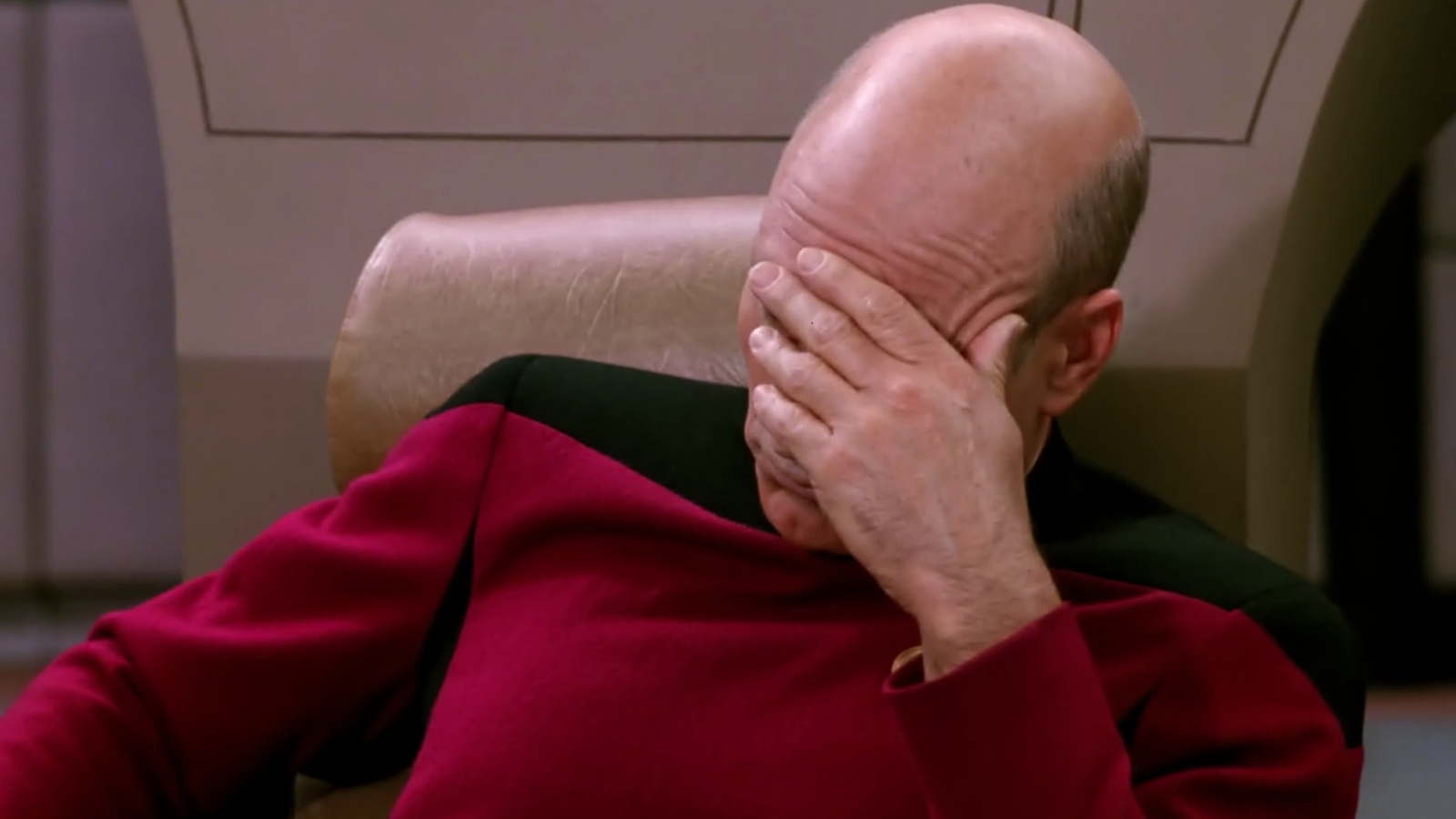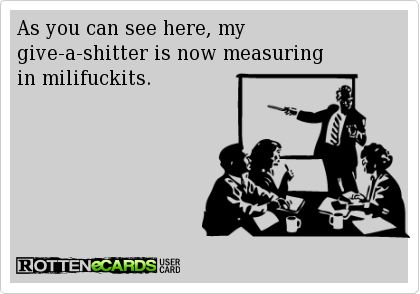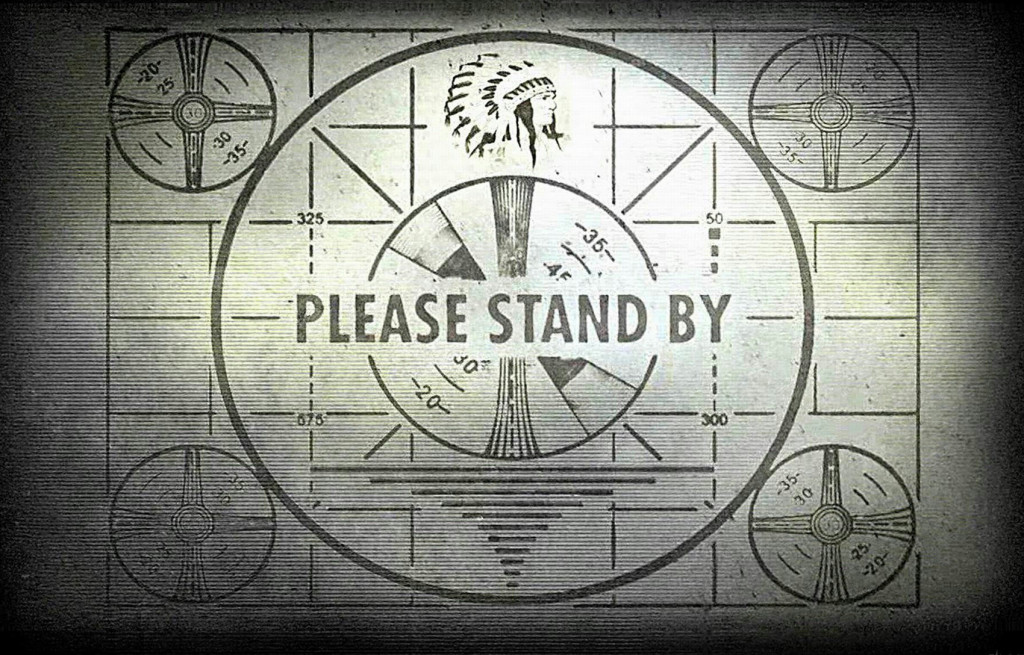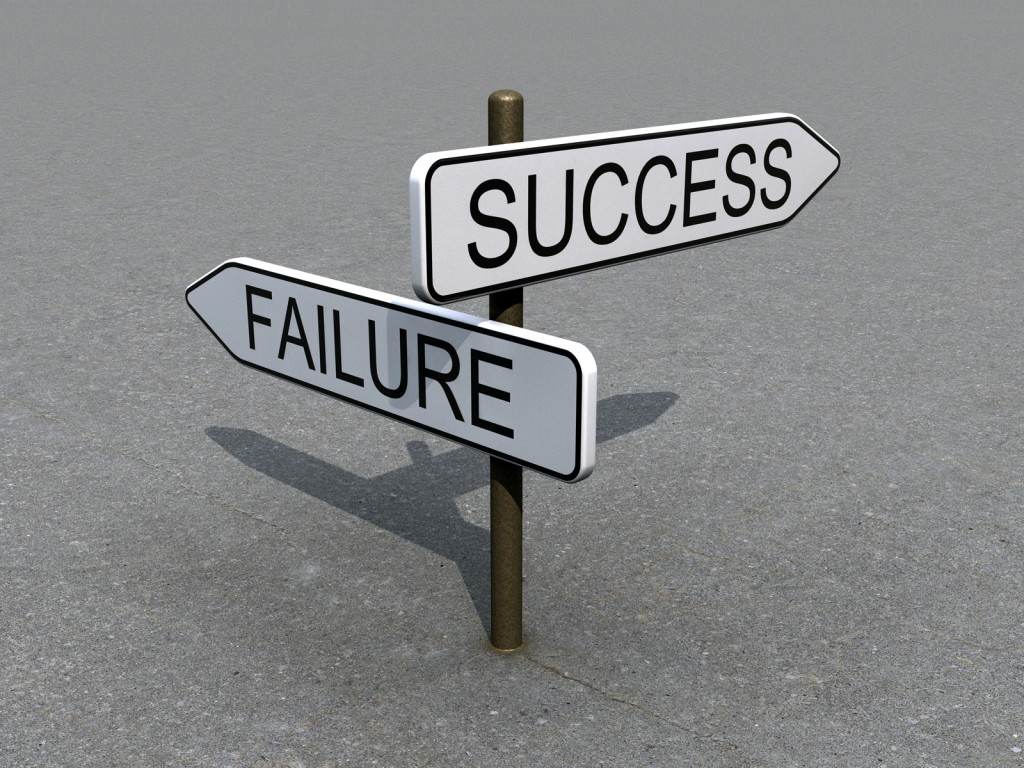I held my breath and my face burned with anger as I read this pitch:
We hear it all of the time: “she’s so bipolar?” “This weather is bipolar.” Or a joke about someone being happy one second, then sad the next. But what do people mean by that, and what exactly does a bipolar diagnosis mean for a person? …. In Exit Stage Left, you’ll discover the exact set of tools and strategies Tilly Dunn used to finally break free from the grip of anti-psychotic medications after taking them faithfully for 42 years…. “I want to share my joy with you…. if I can do it, so can you. I’ll show you how I did it.”
Who is Tilly Dunn?
Born in the Netherlands, Tilly Dunn is the youngest of six children. She later migrated to Canada, and in 1956, at the age of just 11, started 51 years of suicidal thinking in waves after her first failed suicide attempt. In 1970, insult was added to injury with a diagnosis of bipolar disorder. She is hoping her book can help others who are going through similar circumstances.
“If I can do it, so can you.”
Nope. Not even a little.
Look, I don’t want to tear down a woman of a certain age who’s come out on top following a huge battle with a serious illness (and that’s what bipolarism is, guys; it’s a serious illness). But I think it’s irresponsible with a biography like this and a description like that to shout “If I can do it, so can you.” “What does a bipolar diagnosis mean for a person?” You cannot answer that question with a blanket statement. This book is 183 pages long and I can’t even imagine how you explain the disease in all its complexity and clinical levels, tell your story, and then preach overcoming it sans “anti-psychotic medications” in that short a page count.
It’s also worth pointing out that with some light digging, I was able to find out that even though the author doesn’t have a functioning website, she does happen to be a registered nurse with a specialty in palliative care. I mean, at least put that in the author biography, right? Tell me that in the email. And for crying out loud, toss a disclosure in there or something. The only other voice lending credibility to this book is one five-star review on Amazon from someone proclaiming an expertise because he has a PhD in applied sciences.
“Insult was added to injury.”
Just stop right there. If you are struggling with depression and attempting suicide and lurking in those really dark places no one likes to talk about at dinner parties, then I have to tell you, getting a diagnosis like this is not an insult, it’s a blessing. Because now that someone with a medical degree and years of experience has diagnosed you (I hope, I hope), you can get treatment — whatever that may be. Whatever works for you.
And I think, at the very least, if the publicist ignores it, the publisher knows it, because this appears on page three of the book:
But what do I know? Don’t take my word for it. This book is endorsed by The School of Complementary Therapies! (That’s also on page three.)
And just to be clear, all that aside because I actually believe the author, however delusional she may appear to me, is coming from a positive place and again, I fully acknowledge she’s been through a struggle and has come out on top, my point is, THIS PITCH IS IRRESPONSIBLE.
